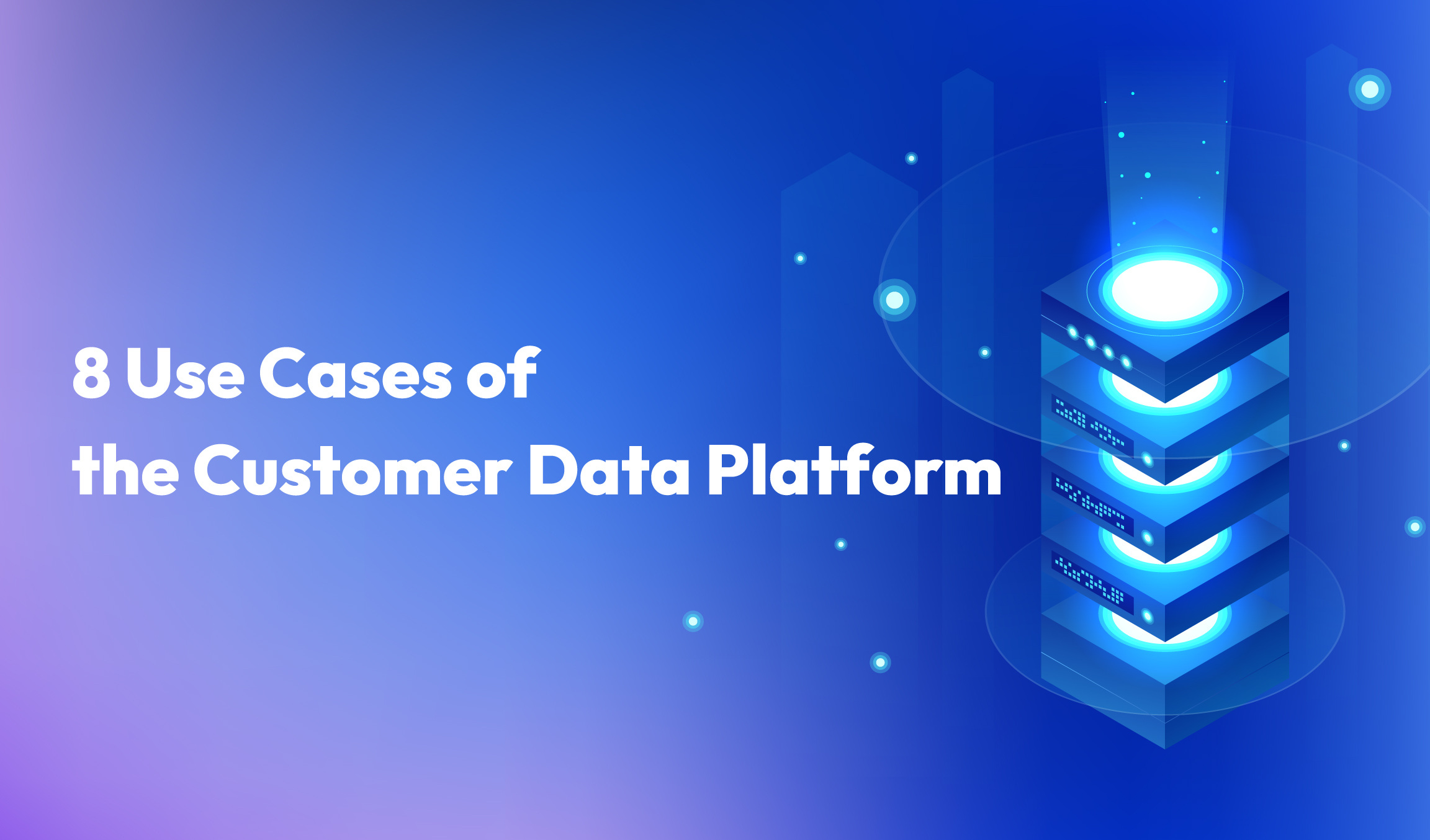4 min read
Barbara Guerpillon, Head of Unilever Foundry, recently shared her view with us on corporate innovation and the role of AI in marketing.
Tell us a bit about your role at Unilever Foundry and how you help drive digital transformation and innovation in big corporations such as Unilever.
The role of Unilever Foundry is to connect Unilever with the outside world of startups, and to connect startups with Unilever. We are a two-way bridge helping both Unilever and startups to communicate and work effectively together.
Our role is to understand Unilever’s business goals and strategy in the short, medium and long term, and identify areas where technology can fill the gaps without re-inventing the wheel.
Innovating as a large corporation remains a big problem. What do you think the biggest hurdles are?
It’s certainly a challenge and absolutely a necessity for large organizations, and it’s not easy. However, I strongly believe that if done well both the corporates and the startups can benefit from working together. Engaging with entrepreneurs to address clear problem statements, current or future, has helped us drive a culture of experimentation, adapting ways of working that accelerate the implementation of new technologies.
Unilever Foundry represents one of the many enablers of the Unilever transformation journey that started years ago when we recognized that we could not risk the consequences of complacency. Our focus is on new technologies, a lot of which come from working with innovative startups, experimentation, iteration and consistent learning. One of the biggest hurdles that corporations face, in my opinion, is adapting to internal cultural changes. Moving from a ‘perfect-plan’ approach to an iterative approach requires a lot of muscle flexing, and adaptability is a critical skill that big corporations need to develop.
Corporations aren’t built to adapt to rapid changes in a timely manner, or restructure the entire organization from the ground up, does working with startups help drive the innovation process, and how?
Big corporations have scale, access to markets and budgets, which are all things that startups desperately need. On the other hand, startups have agility, speed and technology which large organizations sometimes lack and often envy in this world where everything moves so fast. With the right engagement model, both startups and big organizations can benefit from working together.
The right collaborations can accelerate the innovation process of corporations if they have clarity on why they are engaging with start-ups to begin with (for example, not just for outward image but to really drive business) and understand what the outcome will be. They need to understand that at the beginning, these outcomes might be uncertain, but there will be big major upsides if it works well. Unilever Foundry is an enabler, but the business needs to give us the right problem to solve and understand the uncertainties and inevitable experimentation that comes with working with startups.
Today’s corporate innovation and AI tend to go hand-in-hand to improve many areas of a business. What’s your view on the role of AI in corporate innovation, and the current state of AI adoption in large corporations?
I would say that in today’s world AI is everywhere. You can look at any industry and find AI there somewhere, and that’s not going to change. AI is a great technology if it’s well understood and used effectively. Adopting AI into large corporations is in itself not a problem. The problem – something we’ve observed from the Foundry point of view – is that a lot of startups exaggerate the importance of AI in their product and sometimes misrepresent its capabilities.
Part of the role of the Foundry is to debunk myths around technology like AI, and help Unilever understand the best places to implement it to solve business problems. We aren’t technical experts, but our experience means we know how to ask the right questions to entrepreneurs to get a clear understanding of how we can effectively solve challenges with AI.
How about the role of AI in the marketing function in particular? Given that Unilever is a large marketer and employs a lot of marketing experts, how do you think marketers think about the role of technology in what they do?
AI is certainly present in the marketing function and it brings a lot of value to our marketers in various ways. A few examples within Unilever is that it helps accelerate and improve our understanding of our consumers; allows us to do product testing; or helps us show the right ad at the right time to the right people. Overall, it helps us do better marketing.
We regularly introduce startups to the Unilever marketers through our quarterly Foundry Club events. On these occasions, we pick a technology and invite a subject matter expert to talk about it and invite several entrepreneurs to present their solutions. We had a great engagement with Appier in this format some years ago.
The goal of these sessions is not for everyone to leave as a technology expert, but to have a clearer understanding about how a technology works, how it can be impactful and how to leverage it effectively.
What do you think are digital marketing trends for 2020, either in general or related to the current situation?
The current situation means that people have been exposed to more digital channels than ever before, and I think we might see entertainment and media startups attracting more attention – and likely more funding – in the coming months.
Barbara Guerpillon works at the intersection of corporate innovation, entrepreneurship and technology. She leads the Unilever Foundry in Asia, which enables the company’s global brands to accelerate experimentation and efficiently and effectively pilot new technologies.
For the last 10 years, Barbara has worked with a variety of startups in Singapore from e-commerce platforms to digital mapping. She is an advocate of Singapore’s startup ecosystem and entrepreneur community, and believes they have the power to transform the region and create real business opportunities. She is also pioneering a new model of engagement with the wider ecosystem of innovation by building LEVEL3.
A mentor for young startups, Barbara speaks regularly on corporate innovation and the importance of inspiring entrepreneurial spirit within companies.
* Read more from our “Ask the Experts” series, and see what we have discussed with other thought leaders about AI, digital marketing, data, technology, and more.



